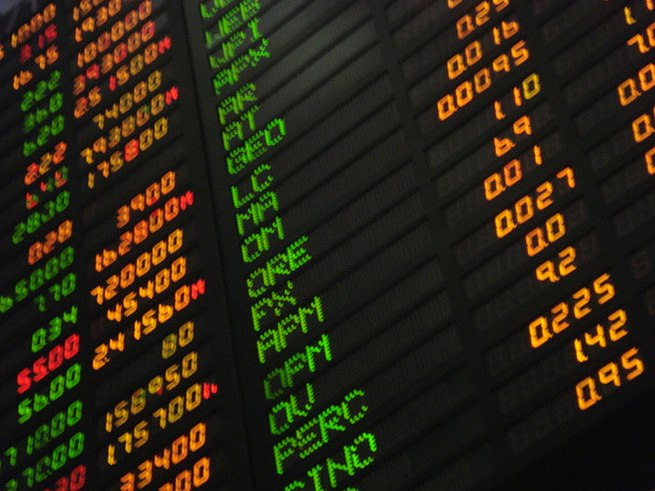Main Difference
The main difference between Currency and Cash is that the Currency is a generally accepted medium of exchange for goods or services and Cash is a physical money.
-
Currency
A currency (from Middle English: curraunt, “in circulation”, from Latin: currens, -entis), in the most specific use of the word, refers to money in any form when in actual use or circulation as a medium of exchange, especially circulating banknotes and coins. A more general definition is that a currency is a system of money (monetary units) in common use, especially in a nation. Under this definition, US dollars, British pounds, Australian dollars, European euros and Russian ruble are examples of currency. These various currencies are recognized as stores of value and are traded between nations in foreign exchange markets, which determine the relative values of the different currencies. Currencies in this sense are defined by governments, and each type has limited boundaries of acceptance.
Other definitions of the term “currency” are discussed in their respective synonymous articles banknote, coin, and money. The latter definition, pertaining to the currency systems of nations, is the topic of this article. Currencies can be classified into two monetary systems: fiat money and commodity money, depending on what guarantees the value (the economy at large vs. the government’s physical metal reserves). Some currencies are legal tender in certain political jurisdictions. Others are simply traded for their economic value. Digital currency has arisen with the popularity of computers and the Internet.
-
Cash
In economics, cash is money in the physical form of currency, such as banknotes and coins. In bookkeeping and finance, cash is current assets comprising currency or currency equivalents that can be accessed immediately or near-immediately (as in the case of money market accounts). Cash is seen either as a reserve for payments, in case of a structural or incidental negative cash flow or as a way to avoid a downturn on financial markets.
-
Currency (noun)
Money or other items used to facilitate transactions.
“Wampum was used as a currency by Amerindians.”
-
Currency (noun)
Paper money.
-
Currency (noun)
The state of being current; general acceptance or recognition.
“The jargon’s currency.”
-
Currency (noun)
fluency; readiness of utterance
-
Currency (noun)
Current value; general estimation; the rate at which anything is generally valued.
“He … takes greatness of kingdoms according to their bulk and currency, and not after intrinsic value. — Francis Bacon.”
“The bare name of Englishman … too often gave a transient currency to the worthless and ungrateful. — W. Irving.”
-
Cash (noun)
Money in the form of notes/bills and coins, as opposed to cheques/checks or electronic transactions.
“After you bounced those checks last time, they want to be paid in cash.”
-
Cash (noun)
Money.
-
Cash (noun)
Cash register.
-
Cash (noun)
A place where money is kept, or where it is deposited and paid out; a money box.
-
Cash (noun)
Any of several low-denomination coins of India, China, or Vietnam, especially the Chinese copper coin.
-
Cash (verb)
To exchange (a check/cheque) for money in the form of notes/bills.
-
Cash (verb)
To obtain a payout from a tournament.
-
Cash (verb)
To disband.
-
Currency (noun)
a system of money in general use in a particular country
“travellers cheques in foreign currency”
“the dollar was a strong currency”
-
Currency (noun)
the fact or quality of being generally accepted or in use
“the term gained wider currency after the turn of the century”
-
Currency (noun)
the time during which something is in use or operation
“no claim had been made during the currency of the policy”

